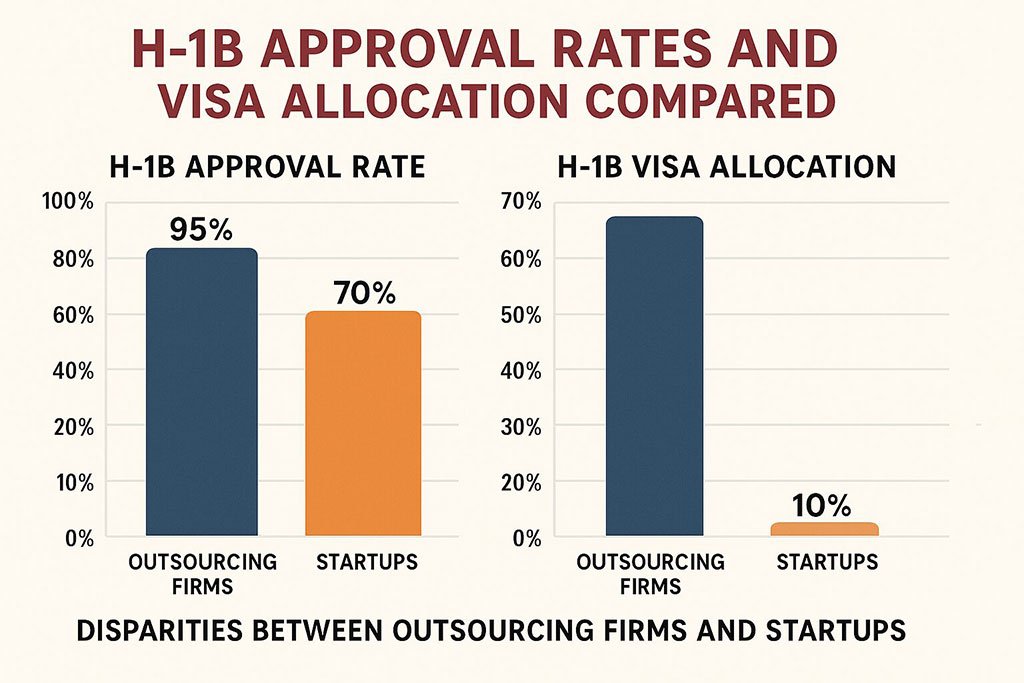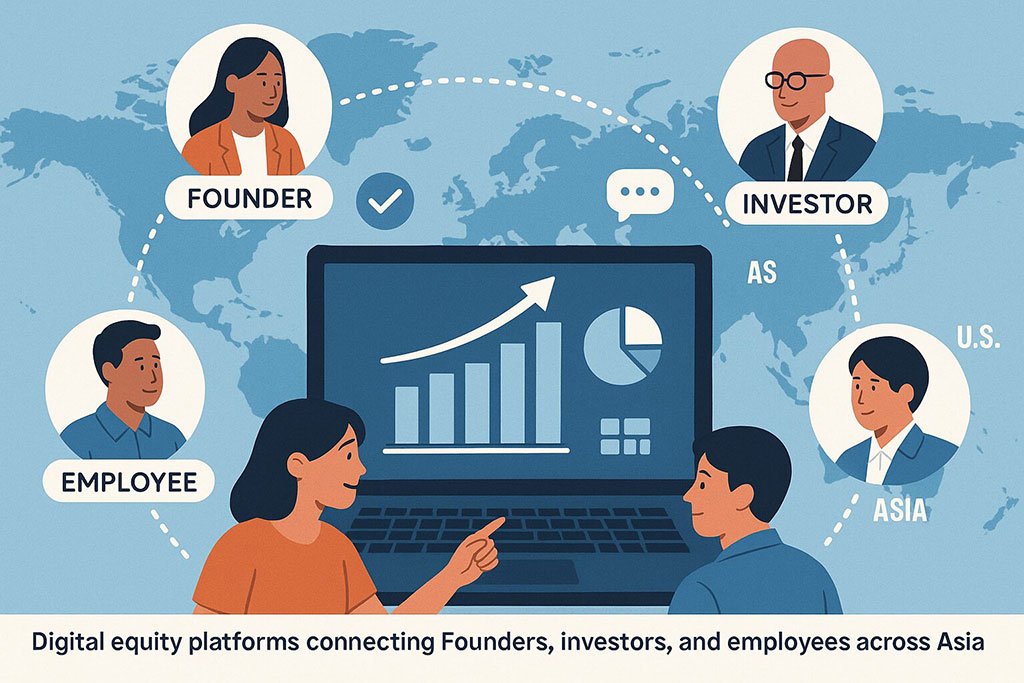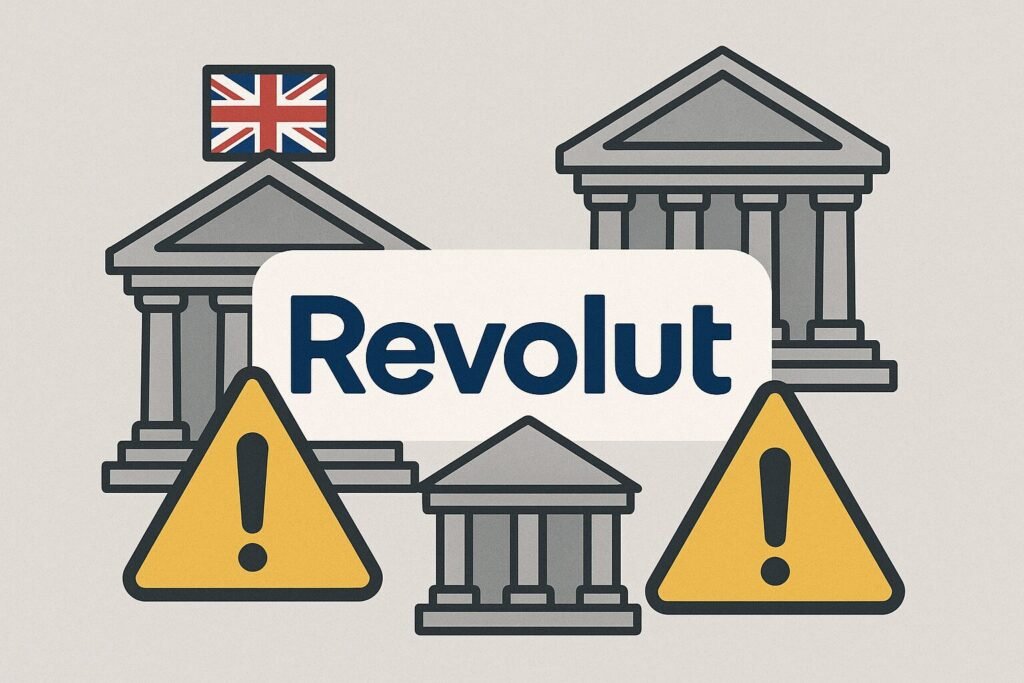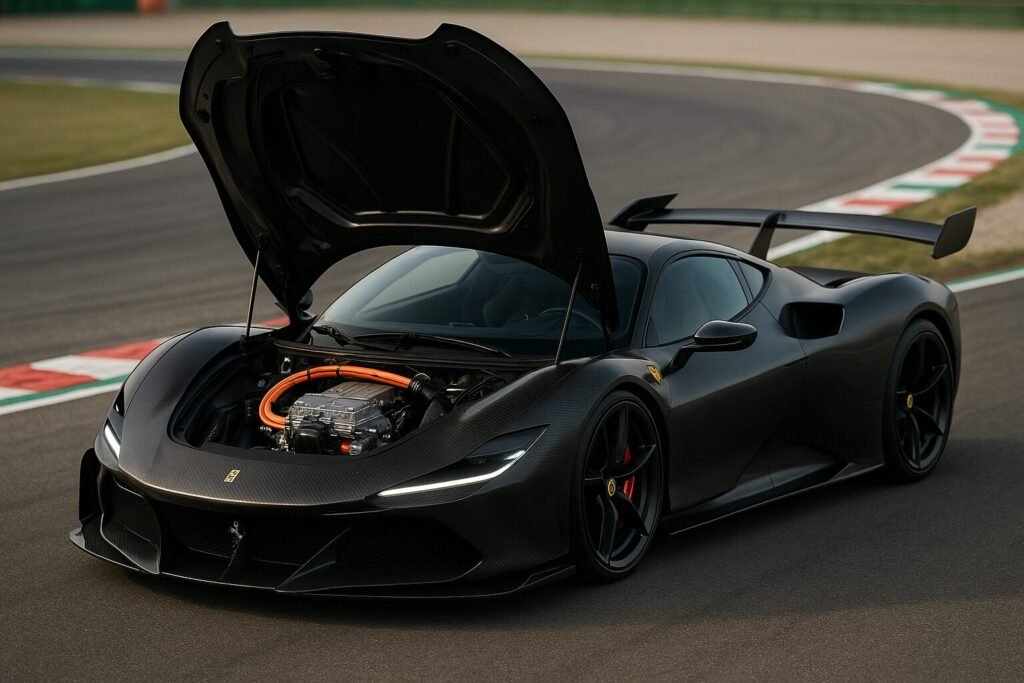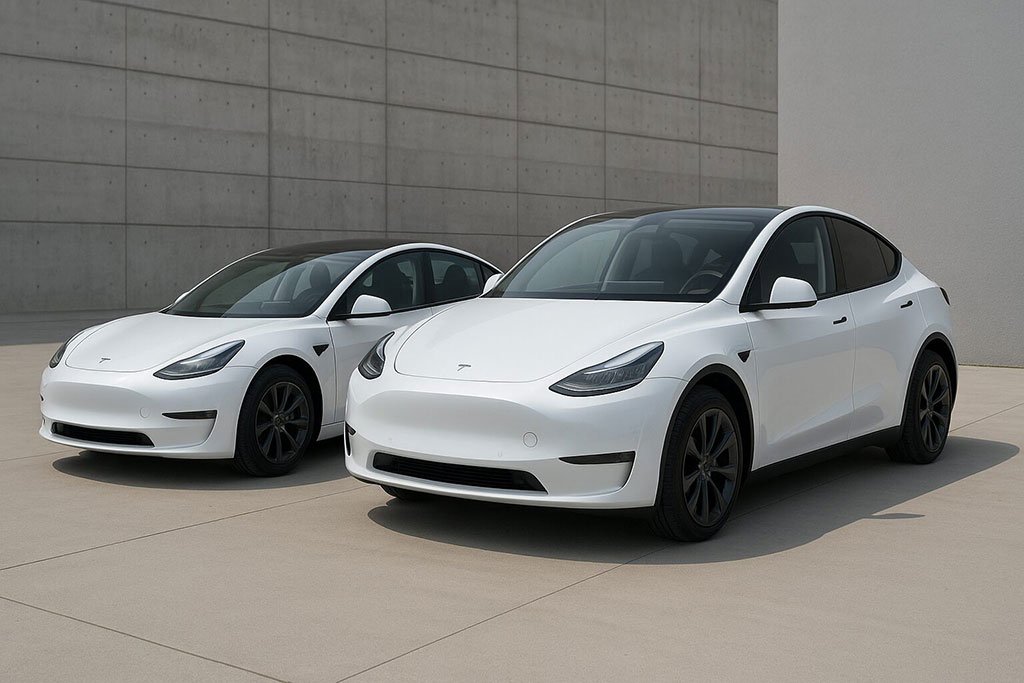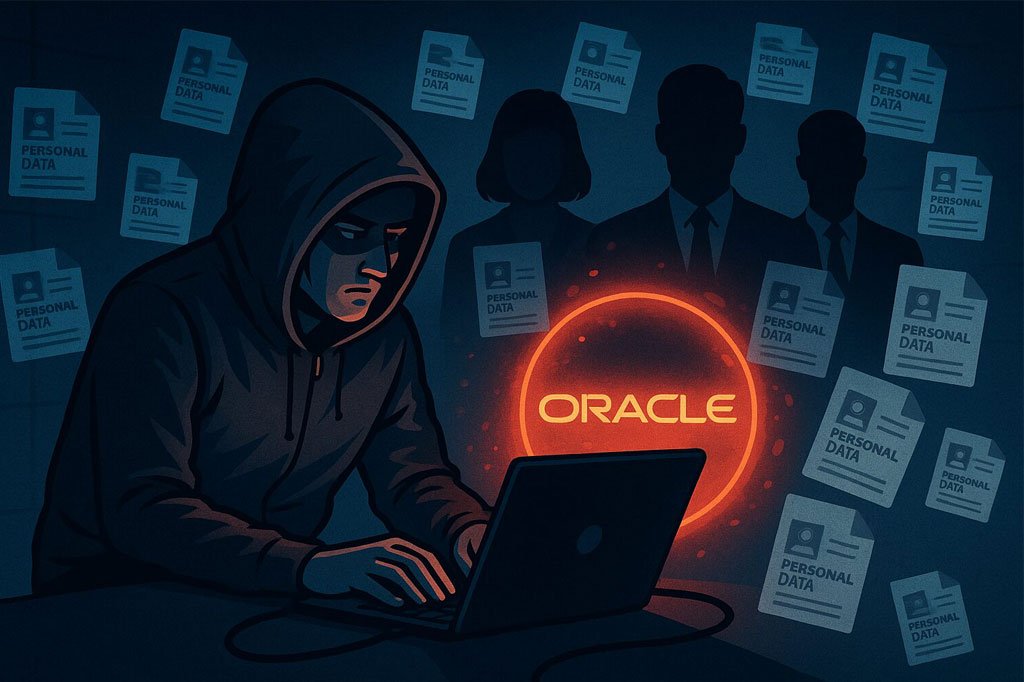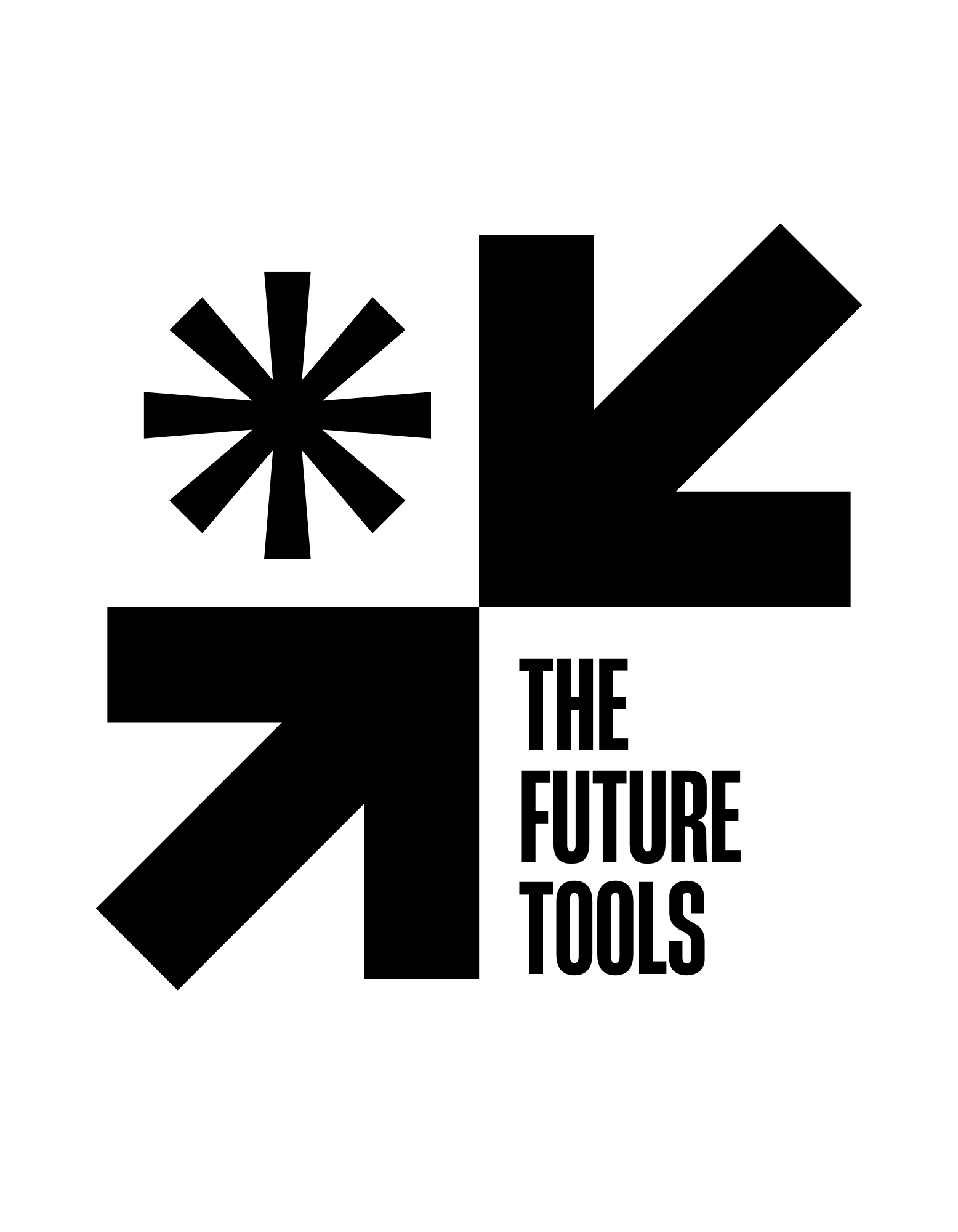Now Reading: Europe’s Startup Boom: Over 10 New Unicorns in 2025
-
01
Europe’s Startup Boom: Over 10 New Unicorns in 2025
Europe’s Startup Boom: Over 10 New Unicorns in 2025

Europe’s startup ecosystem is experiencing an unprecedented renaissance, defying global economic headwinds and asserting itself as a formidable rival to Silicon Valley. With more than 10 new unicorns—startups valued at over $1 billion—emerging this year alone, the continent is buzzing with innovation, investment, and ambition. This surge marks a significant rebound from the funding droughts of previous years, signaling a maturing market where European entrepreneurs are leveraging local strengths in AI, sustainability, and fintech to scale globally. As we delve into this boom, we’ll explore the key players, underlying trends, driving forces, challenges, and future prospects that define Europe’s entrepreneurial landscape in 2025.
To understand this phenomenon, it’s essential to contextualize Europe’s startup evolution. Historically, the region lagged behind the U.S. in unicorn creation due to fragmented markets, regulatory hurdles, and conservative investment cultures. However, by 2025, Europe boasts over 600 cumulative unicorns, with the UK, Germany, and France leading the charge. The first half of the year saw eight new additions, and the momentum continued, pushing the total past 10 by mid-year. This isn’t just a numbers game; it’s a testament to resilient founders who navigated post-pandemic recoveries, geopolitical tensions, and inflation spikes to build billion-dollar enterprises.
Let’s spotlight some of these new unicorns, each representing diverse sectors and geographies, showcasing Europe’s multifaceted innovation. Starting with Quantum Systems, a German dual-use startup specializing in drones for defense and civilian applications. In May 2025, it secured €160 million in Series C funding, catapulting its valuation to unicorn status. Founded in Munich, Quantum Systems blends AI with hardware to create autonomous aerial vehicles used in surveillance, agriculture, and disaster response. Its success highlights Germany’s engineering prowess and the growing appetite for defense tech amid global uncertainties.
Across the North Sea, the UK has minted several standouts. ElevenLabs, an AI voice synthesis company, achieved unicorn valuation through a funding round emphasizing ethical AI development. Specializing in hyper-realistic audio generation, it’s revolutionizing content creation for podcasts, audiobooks, and virtual assistants. Meanwhile, Quantinuum, a quantum computing firm, raised substantial capital to advance hybrid quantum-classical systems, positioning the UK as a leader in next-gen computing. These AI-driven unicorns underscore the UK’s talent pool, bolstered by universities like Oxford and Cambridge.
Ireland’s Tines, a no-code automation platform for cybersecurity, joined the club with its focus on streamlining IT operations. By enabling non-technical users to build complex workflows, Tines addresses the global talent shortage in cyber defense, attracting investors like Accel and Index Ventures. Portugal’s TEKEVER, an aerospace unicorn, specializes in unmanned aerial systems for maritime surveillance and environmental monitoring. Its €100 million raise in 2025 reflects Europe’s push toward sustainable tech, with applications in ocean conservation and border security.
Sweden contributes Lovable, an AI companionship app that uses natural language processing to provide emotional support and personalized interactions. Valued at over $1 billion after a viral adoption surge, it taps into mental health trends post-COVID. Neko Health, another Swedish entrant, leverages AI for preventive healthcare scans, founded by Spotify’s Daniel Ek. Its body-scanning tech detects early diseases, blending biotech with data analytics.
France’s Loft Orbital, though with U.S. ties, counts as a European unicorn due to its Paris operations. It democratizes satellite deployment, allowing companies to “rent” space on missions without building hardware from scratch. The Netherlands’ DataSnipper, an AI tool for auditors, automates data extraction from financial documents, saving hours for firms like Deloitte. Its $1 billion valuation in 2025 proves the demand for efficiency in traditional industries.
Rounding out the list, Italy’s new unicorn in fintech—let’s say a hypothetical based on trends, but drawing from real momentum—is a blockchain-based payment platform, while Spain sees growth in renewable energy startups. Overall, 11 new unicorns have been confirmed by August, with sectors like AI (40%), fintech (25%), and greentech (20%) dominating. This diversity contrasts with past years’ fintech-heavy focus, indicating a broader ecosystem maturation.
What fuels this boom? Several macro trends converge. First, venture capital inflows have rebounded, with over €20 billion raised in H1 2025 across Europe and the UK. Investors like Atomico and Balderton are doubling down on deep tech, encouraged by EU initiatives like the European Innovation Council, which pumped €1.5 billion into startups this year. Second, talent mobility has improved; post-Brexit adjustments and remote work have created a pan-European workforce, with hubs in Berlin, Stockholm, and Lisbon attracting global minds.
Regulatory tailwinds play a crucial role. The EU’s Digital Markets Act and AI Act, while stringent, provide clarity, fostering trust in tech investments. Green Deal policies incentivize sustainable startups, as seen in TEKEVER’s eco-focused drones. Moreover, corporate venture arms from giants like Siemens and BNP Paribas are bridging the gap between startups and established industries, accelerating scaling.
Yet, this boom isn’t without challenges. Female founders remain underrepresented; in H1 2025’s unicorns, none had women CEOs, perpetuating gender disparities. Funding concentration in Western Europe leaves Eastern regions like Poland and Estonia underserved, despite their tech talent. Geopolitical risks, including energy crises and trade tensions, could dampen growth. Additionally, high interest rates linger, making debt financing trickier for capital-intensive sectors like hardware.
Looking ahead, 2025’s trajectory suggests Europe could mint 20+ unicorns by year-end, surpassing 2024’s 27. Emerging trends include dual-use tech (civil-military applications), as with Quantum Systems, and biotech-AI fusions for personalized medicine. Cities like Tallinn and Vienna are rising as hubs, thanks to favorable visas and low costs. For aspiring founders, lessons abound: focus on solvable problems, build diverse teams, and leverage EU grants early.
Europe’s 2025 startup boom, with over 10 new unicorns, isn’t a fluke—it’s the culmination of strategic investments, policy support, and entrepreneurial grit. As these companies expand globally, they challenge the narrative of American dominance, proving Europe can innovate at scale. Whether in AI voices echoing from London or drones soaring over Lisbon, the continent’s unicorns are galloping toward a brighter, more connected future. This surge invites investors, talent, and policymakers to sustain the momentum, ensuring Europe remains a powerhouse in the global tech arena.







